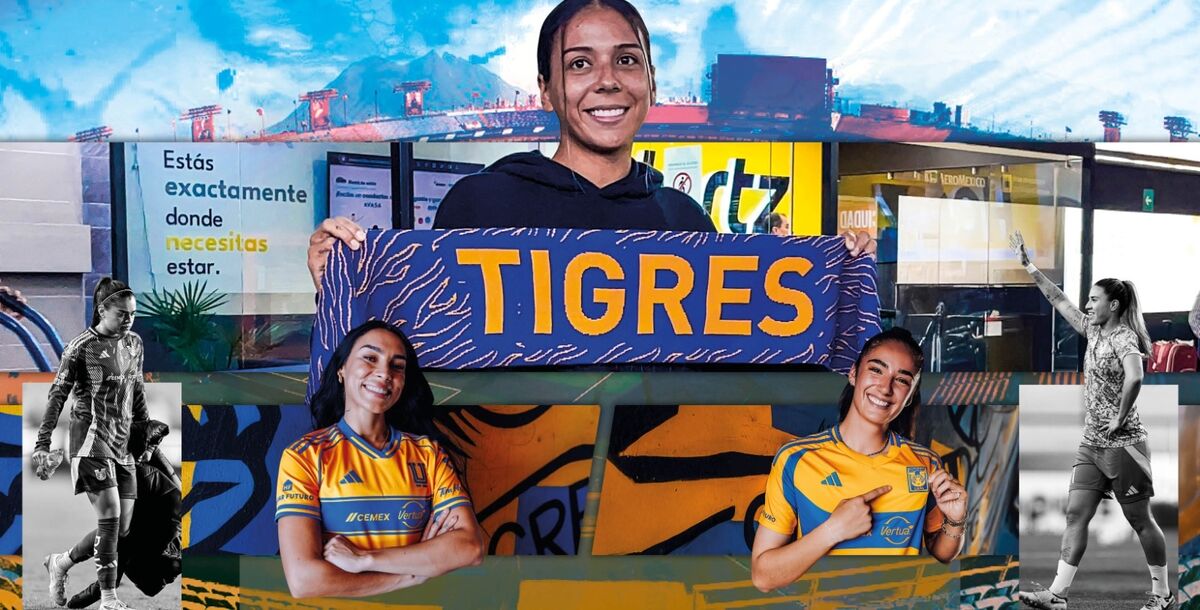

Crypto Questions?
A Clear Introduction from Coinsdrom for Families Navigating Digital Conversations
Por Redacción ONCE | FOTO: Redes Sociales
Crypto Questions?
A Clear Introduction from Coinsdrom for Families Navigating Digital Conversations
Por Redacción ONCE | FOTO: Redes Sociales
Miércoles 02 de julio de 2025
A Clear Introduction from Coinsdrom for Families Navigating Digital Conversations
If you're a teenager's parent, there's a good chance you've heard the word "crypto" come up — maybe in passing, maybe in excitement, maybe more often than you expected.
Your teen might be talking about:
- Bitcoin
- "Minting" something
Getting a crypto wallet
- Or worse, showing you a video where someone claims you can "make money in 2 clicks".
You're not alone in feeling caught off guard. Parents today are expected to respond to fast-moving digital trends — often without having time to research or fully understand them. The goal of this guide, prepared by the team at Coinsdrom, a regulated online crypto exchange, is simple:
Help you respond without guessing — and without repeating myths.
Why Teens Talk About Crypto
Crypto shows up in all kinds of places teenagers already spend time:
- Social media (especially TikTok, YouTube, and Discord)
- Gaming platforms
- Online communities focused on tech, art, or even influencers
But most of what they hear is incomplete, dramatic, or just wrong.
Crypto is portrayed as easy, exciting, and sometimes even rebellious. That makes it appealing — but it also means your teen might act on information they don't fully understand.
What You Should Know Before You Respond
1. Crypto Is Not Automatically Dangerous — But It's Not a Game
There are legitimate uses for crypto — and there are scams. Your teen may not be able to tell the difference yet. A calm conversation goes much further than a lecture or a ban.
2. They May Already Have a Wallet
Some apps or games include crypto features by default. It's possible they already have a wallet without calling it that. If they show you an app with words like "tokens", "minting", or "coins". Ask if it's connected to any kind of cryptosystem.
3. You Don't Have to Be an Expert to Talk About It
What matters most is that your teen sees you as engaged, informed, and willing to learn. You don't need to explain how blockchain works — you need to be clear on:
- What crypto is (digital currency)
- Why people use it (payments, collecting, digital ownership)
- What the risks are (loss of access, scams, unclear rules)
4. You Can Set Boundaries Without Blocking Curiosity
It's okay to say:
"Let's look into this together."
"You can't spend money on this without talking to me."
"We need to understand what this app does."
Inviting them into the learning process builds trust — and makes them more likely to ask before acting next time.
Coinsdrom's Role — and Why It Matters
Coinsdrom doesn't serve kids. We don't offer financial advice or products designed to attract young users.
But we do support individuals who've already encountered crypto and need to understand how it works in practice — especially when it shows up in their lives unexpectedly.
For parents, this means:
- A place to learn without hype
- A resource to reference during conversations
- A way to understand what "crypto" actually means when it's mentioned at the dinner table.
Keep the Door Open
If your teen is asking about crypto, the most important thing isn't the answer — it's your attitude.
Be curious. Be clear. Be cautious.
And if crypto does become part of your family's financial or digital life, make sure everyone — including you — understands what's real and what's just noise.
Coinsdrom is here to help when crypto enters your life without warning — and when you want clarity before action.












